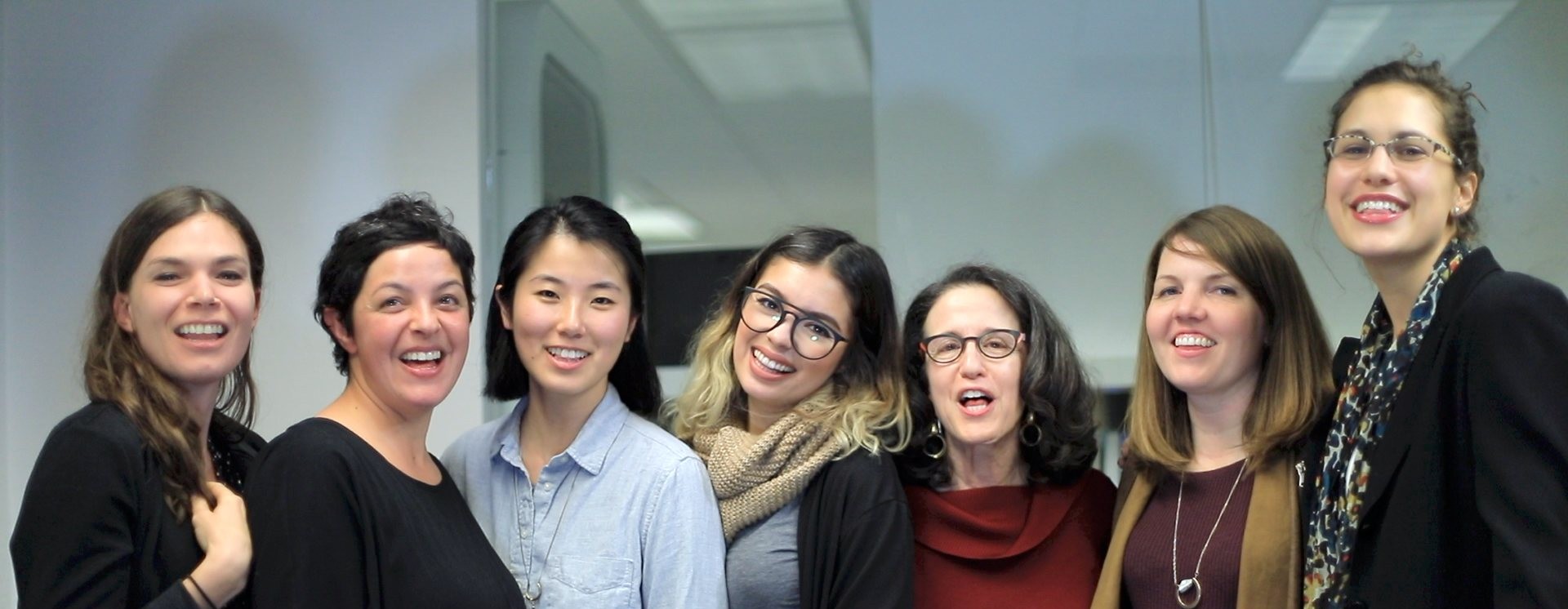Doctoral Positions in AI for Computational Thinking

Immigration Policy Lab
Doctoral Positions in AI for Computational Thinking
100%, Zurich, fixed-term
The Programming, Education, and Computer-Human Interaction group in the Department of Computer Science is recruiting two doctoral students to work broadly in the area of human-computer interaction and educational technology. The group is led by Prof April Wang and generally focuses on the design of future programming tools for learners and practitioners. We are particularly interested in building cognitive aware interventions that augment learners to engage in meaningful problem-solving rather than taking shortcuts.
Project background
This position is part of a SNSF-funded project on AI-assisted programming interfaces. The research explores new ways to support computational thinking and mathematical reasoning through alternative representations of code, such as prose, visuals, diagrams, and storyboards. These representations are not only used to explain or illustrate programs, but also serve as executable media that allow learners to express, test, and reason about computational ideas in more accessible and creative ways. The project also investigates how these approaches can benefit a diverse range of learners with different backgrounds and levels of expertise.
Job description
Each doctoral student will lead a coherent subproject within this broader research program:
Position 1: AI for Computational Thinking
Focuses on designing and studying AI-assisted programming environments that help learners develop deeper conceptual understanding and problem-solving skills. Topics may include multimodal representations of code, intelligent feedback mechanisms, and the cognitive processes underlying programming and logical reasoning.
Position 2: AI Literacy Education
Focuses on designing and evaluating educational interventions that help high school students understand, critique, and responsibly use AI technologies. Topics may include simulation-based classroom activities, conversational AI tutors, or tangible and game-based approaches to teaching core AI concepts and ethical reasoning. The work will involve close collaboration with teachers and schools in Switzerland to design and conduct classroom studies.
Both students will work closely with the PI and lab members, collaborate across disciplines, participate in study design and evaluation, and contribute to publications, teaching, and outreach.
Profile
Required Qualifications
- Master degree in computer science or related field (e.g., interaction design, information science)
- Strong interest and/or experience in HCI and computing education research
- Proven ability to assist in teaching courses related to HCI and educational technology, and a strong commitment to excellent and reflective teaching practice
- Experience or strong interest in one or more of the following areas:
- user interface or interaction design
- web-based prototyping
- qualitative or quantitative research methods
- Excellent organizational, communication, and writing skills in English
- Ability to work both independently and in team with other colleagues
- Commit on high standards of research integrity, including transparency, ethics, and rigorous documentation
Desirable Qualifications
- Prior experience in user study design, programming tool development, or AI-assisted learning systems
- Familiarity with learning sciences literature and related theoretical frameworks for studying cognition and learning
- Fluency in German or familiarity with the Swiss school system (helpful for conducting classroom studies)
Workplace
Workplace
We offer
- Your job with impact: Become part of ETH Zurich, which not only supports your professional development, but also actively contributes to positive change in society
- You can expect numerous benefits, such as public transport season tickets and car sharing, a wide range of sports offered by the ASVZ, childcare and attractive pension benefits
We value diversity and sustainability
Curious? So are we.
We look forward to receiving your online application with the following documents:
- Curriculum Vitae: including academic background, publications (if any), technical skills, and relevant experience.
- Statement of Purpose: outlining your research interests, possible research questions, and how they relate to the theme of AI in computational thinking.
- Writing sample: a first-authored academic paper or a copy of your thesis that demonstrates your writing skills and ability to engage with research literature.
- Transcript(s): from relevant undergraduate and/or master’s degree programs.
- Contact information for two academic referees: who can speak to your research potential and academic preparation.
Please note that the review of applications will begin on Jan 15, 2026 and continue until the position is filled. Applications should be submitted through our online application portal. Applications via email or postal services will not be considered.
Further information about D-INFK, ET, PEACH Lab can be found on our website.
We would like to point out that the pre-selection is carried out by the responsible recruiters and not by artificial intelligence.

